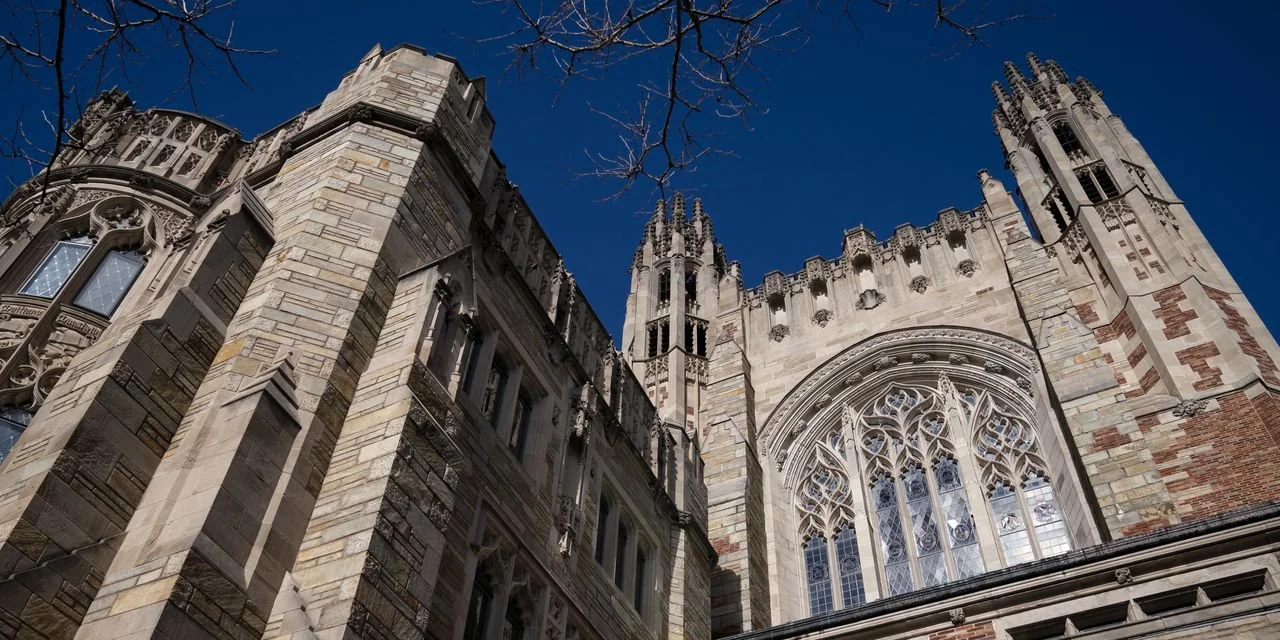Dive Brief:
- The Campbell University School of Law introduced this week it’ll now no longer take part in U.S. News & World Report’s Best Law Schools ratings, becoming a member of many different establishments spurning the listing over equity-associated concerns.
- Unlike regulation colleges that to begin with rejected the ratings, which consist of the ones at Yale and Harvard universities, Campbell’s college falls closer to the lowest of U.S. News’ index.
- Experts have stated mid- and low-tier regulation colleges have extra to lose through becoming a member of the ratings revolt, because the better-located colleges have famous reputations and could probably go through little fallout from their decisions.
Dive Insight:
Ivy League establishments Yale and Harvard shook the better schooling international in mid-November once they stated they could now no longer publish information to U.S. News for its influential ratings.
While schools regularly tout their excessive placement withinside the databases, the ratings’ technique and their tendency to form institutional choice making has drawn common criticism.
In their announcements, Harvard and Yale stated the U.S. News ratings penalize schools that aid low-profits college students and college students coming into public-hobby careers.
An exodus of regulation colleges followed. Almost all the pinnacle 15 establishments on U.S. News’ ratings have because deserted them.
In response, U.S. News stated it’d retain to rank the regulation colleges regardless, as a part of its journalistic mission. Much of the information U.S. News makes use of to formulate the ratings is to be had via the American Bar Association.
Campbell regulation college’s dean, Rich Leonard, stated in a assertion that the organization does now no longer oppose goal ratings.
However, Leonard stated, the U.S. News ratings technique is based in component on opinions from lawyers, judges and different regulation colleges — reputational tests that drawback robust local regulation colleges. Collectively, those account for 40% of the technique.
The guide additionally has a tendency to underweight factors “essential to potential college students,” like bar passage and employment outcomes, Leonard stated.
Graduates’ employment costs 10 months after leaving college money owed for 14% of the technique. Bar passage costs are 3%.
“The U.S. News technique is appreciably flawed, and we’re now no longer inclined to spend the sizable administrative time essential to conform with requests for information beside the point to the desires of potential college students,” Leonard stated.
Another latest departure from the ratings is the University of Virginia’s regulation college, which occupies the No. eight spot. Its dean, Risa Goluboff, stated in a assertion the ratings “fail to seize lots of what we price at UVA — facilitating get right of entry to to felony schooling and the felony career for college students from each background; fostering the unfastened trade of thoughts inside a network of joy, humanity, and trust; imparting pinnacle-notch coaching through performed faculty; assisting public service; and launching our graduates into the stellar profession paths in their choosing.”
No university has dropped out of U.S. News’ undergraduate ratings. Experts informed Higher Ed Dive establishments can be ready nearer till the ratings are posted to make that form of choice. U.S. News usually releases the ratings in September.

